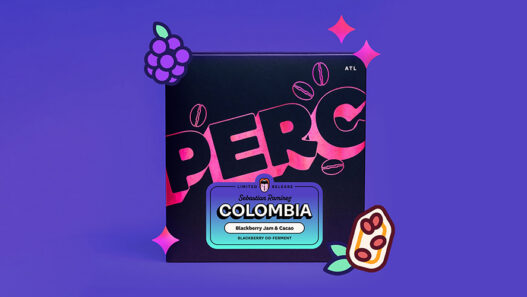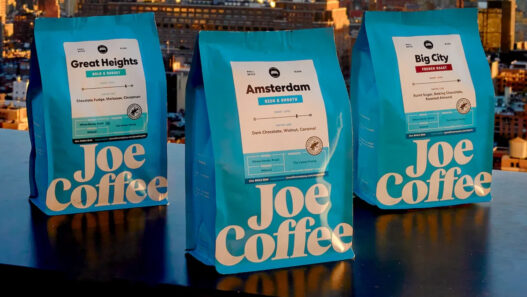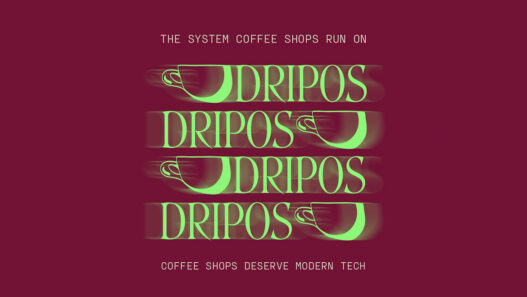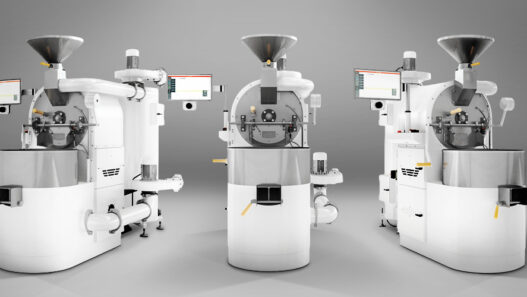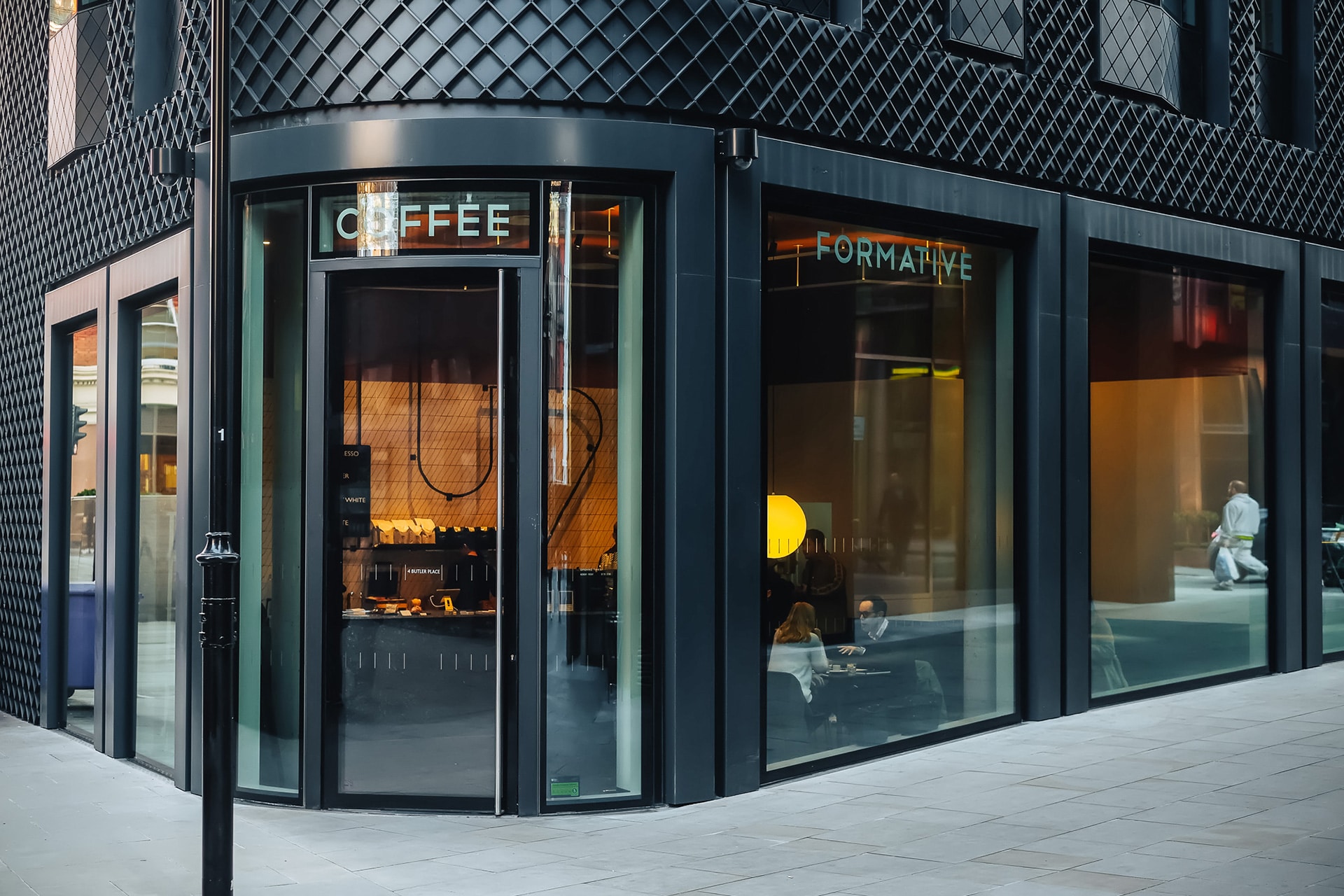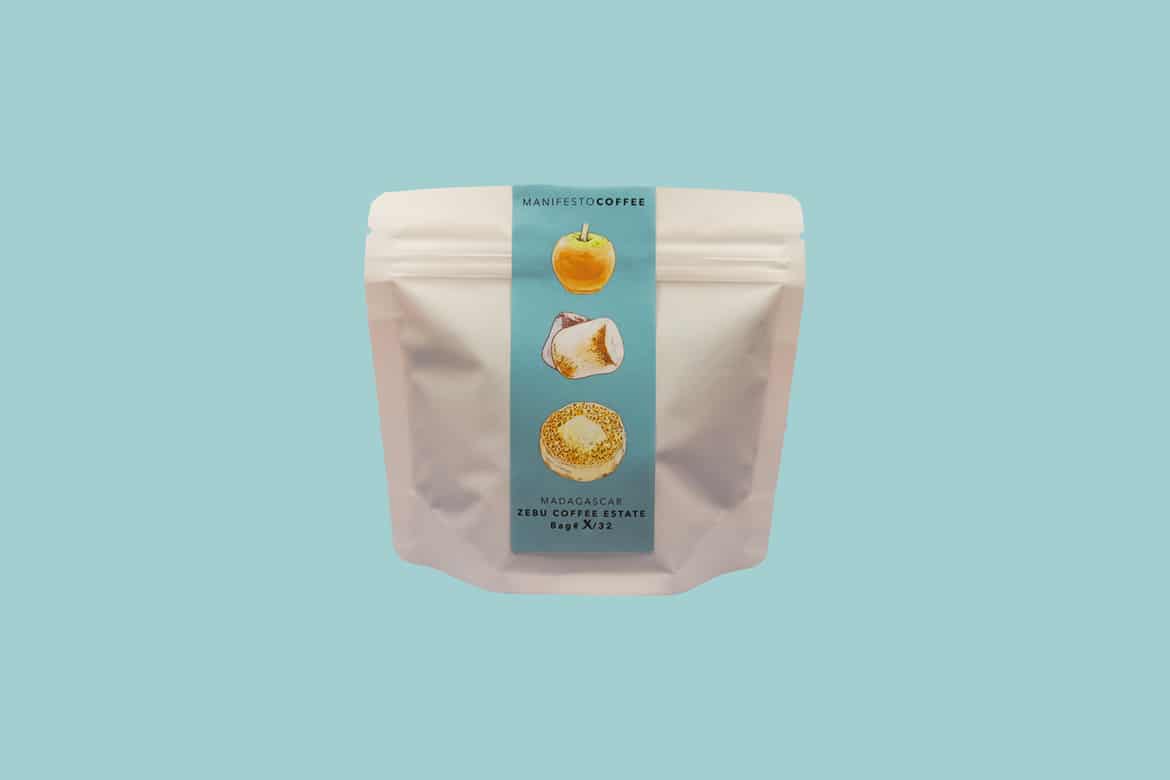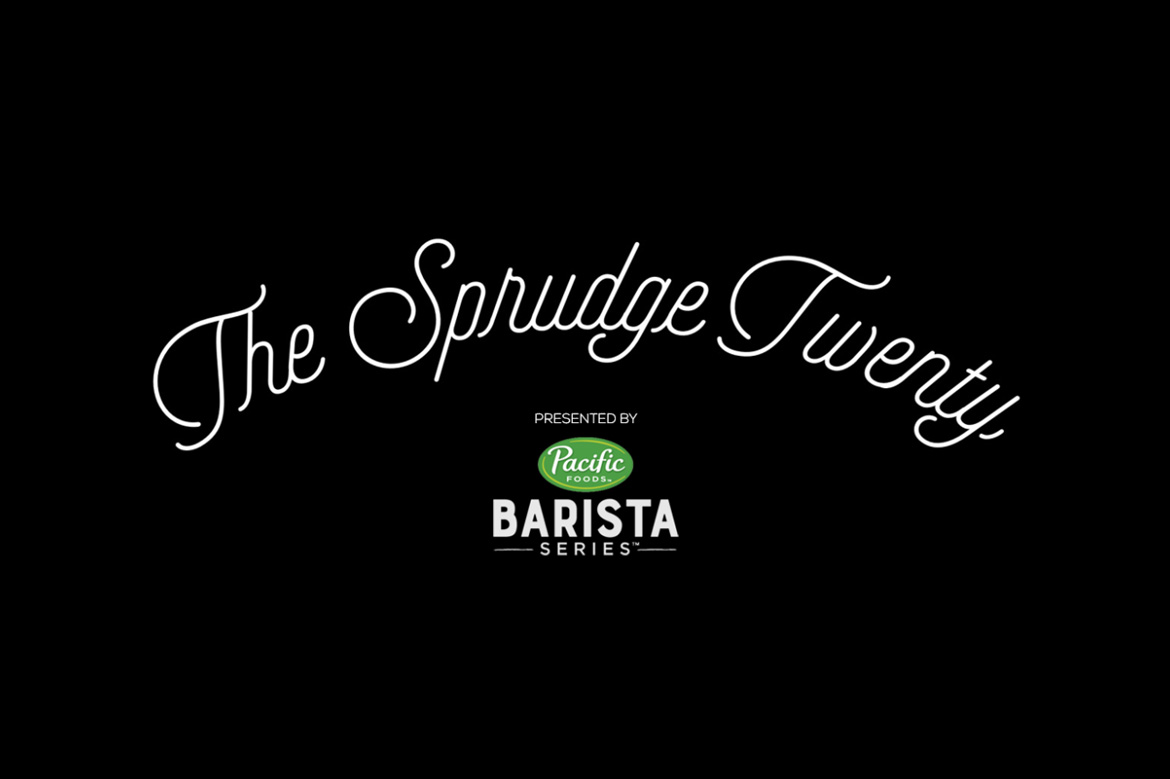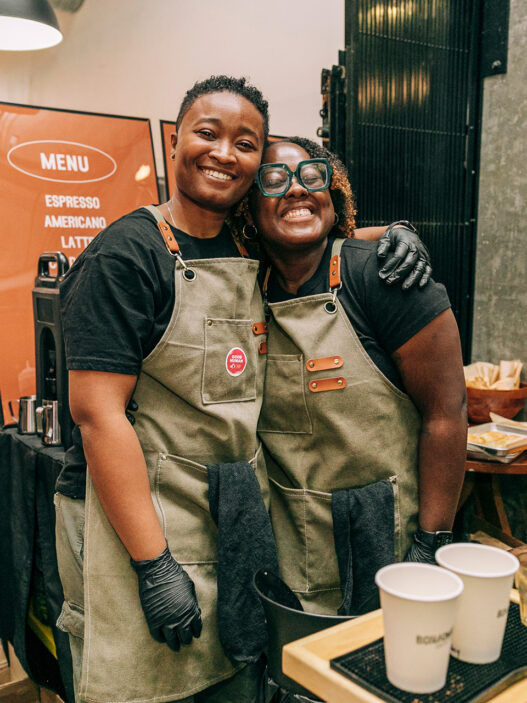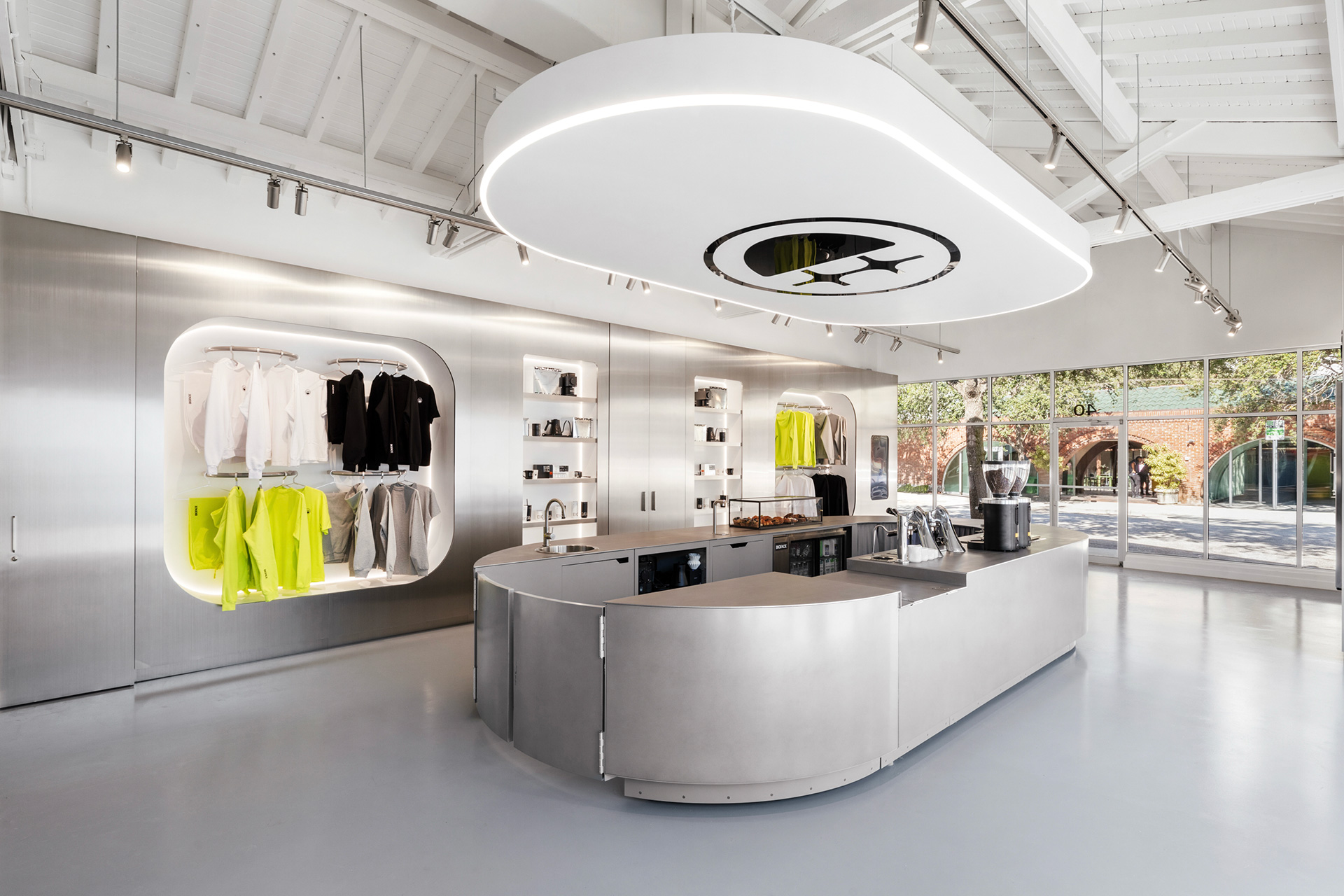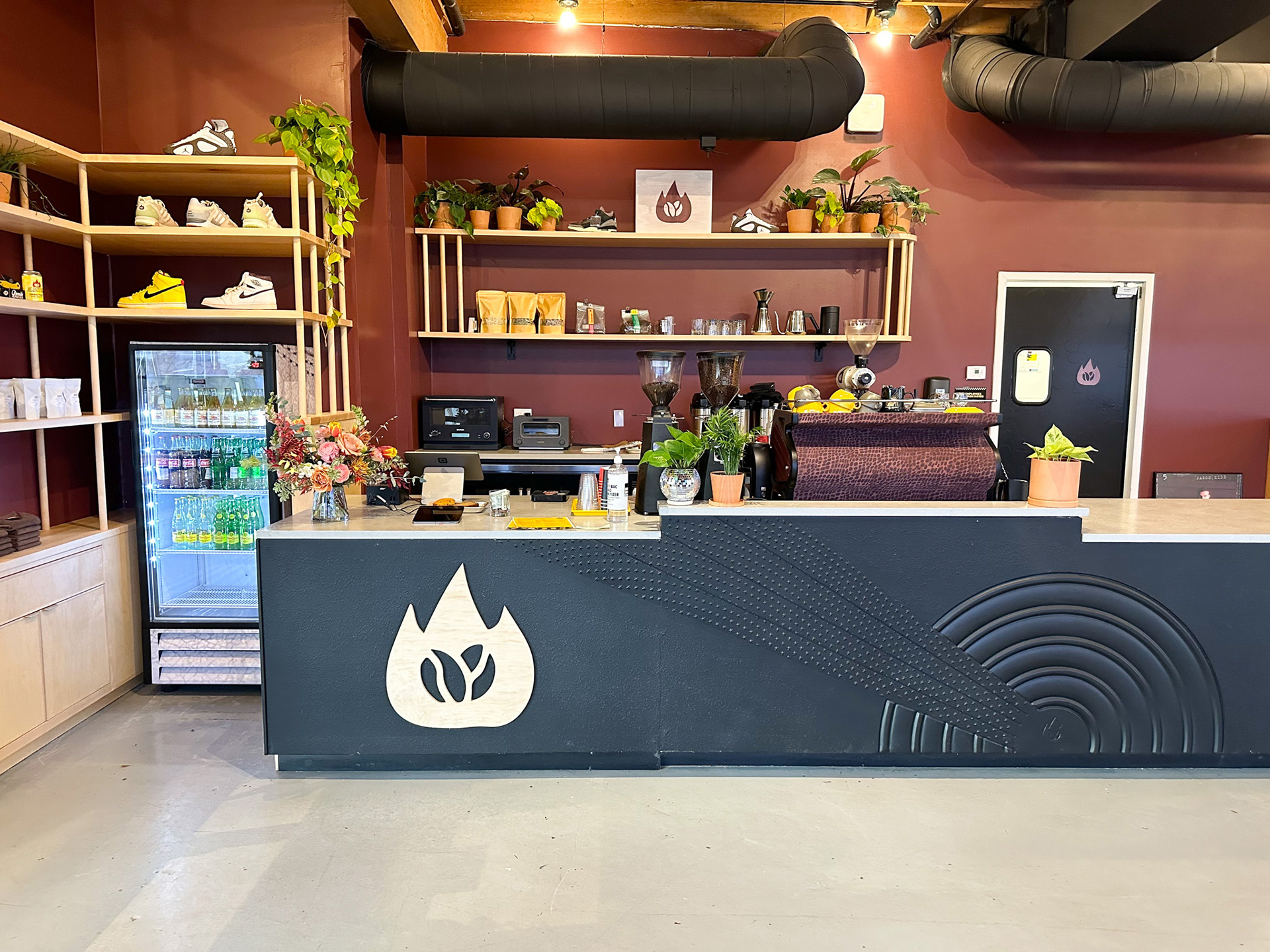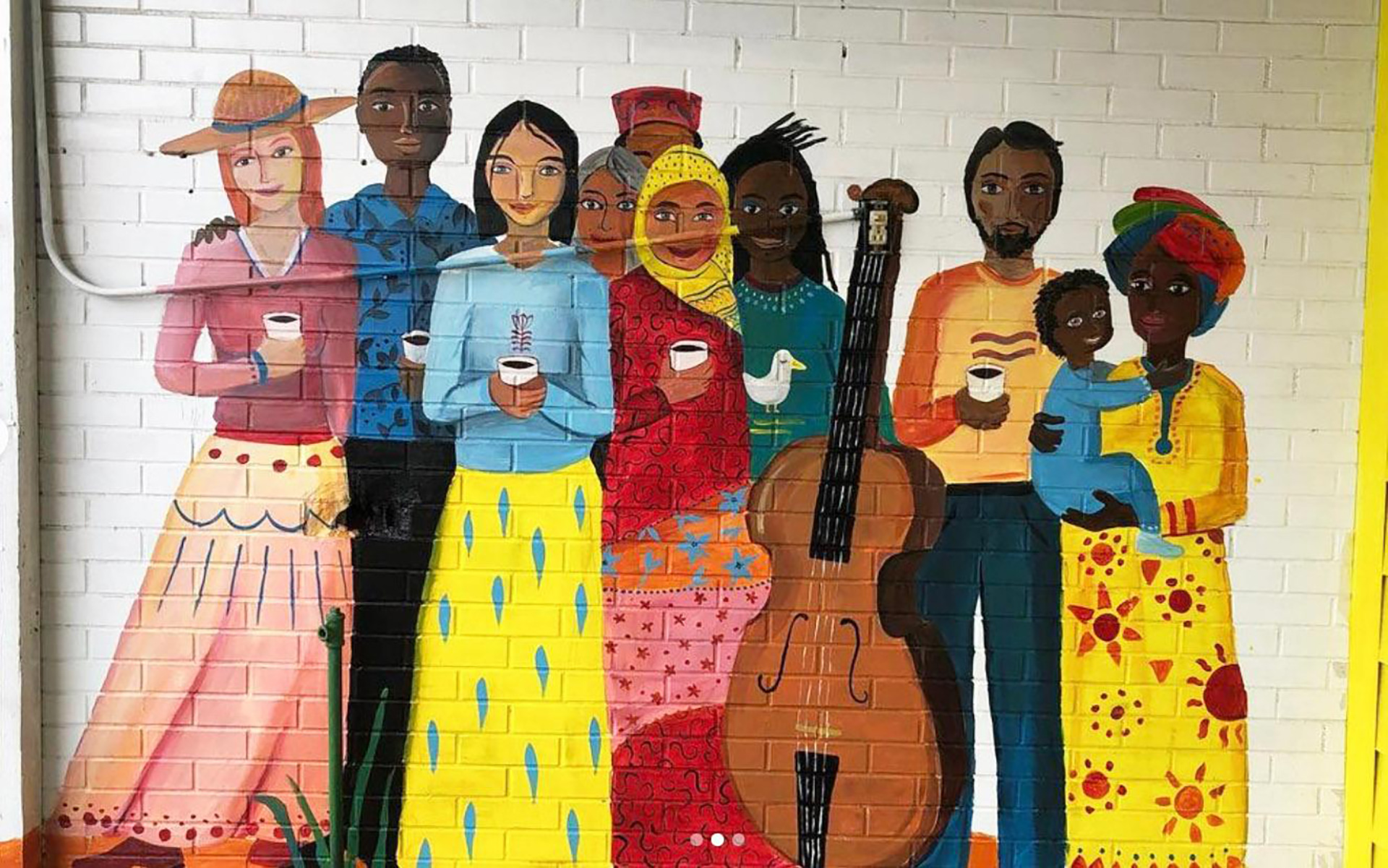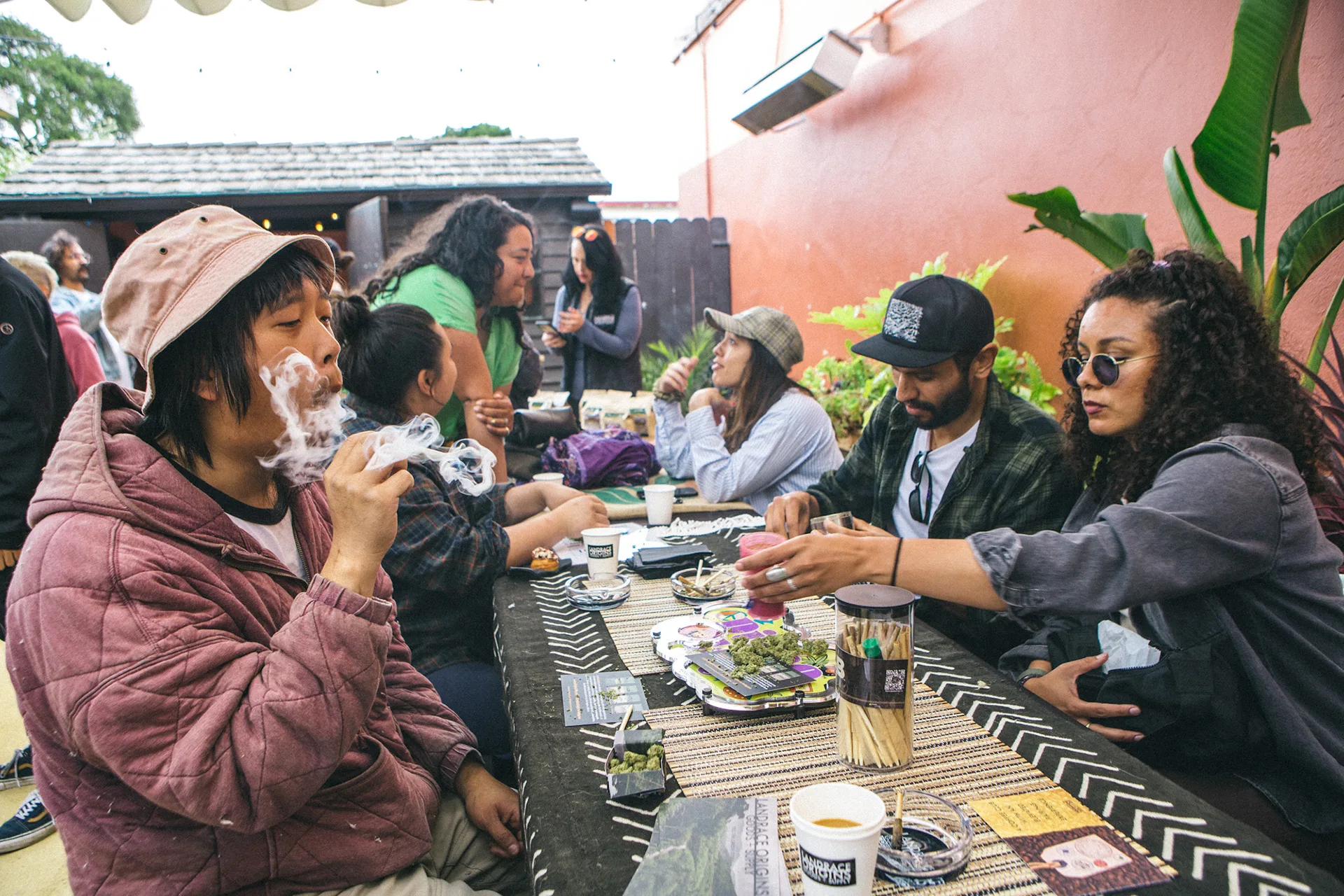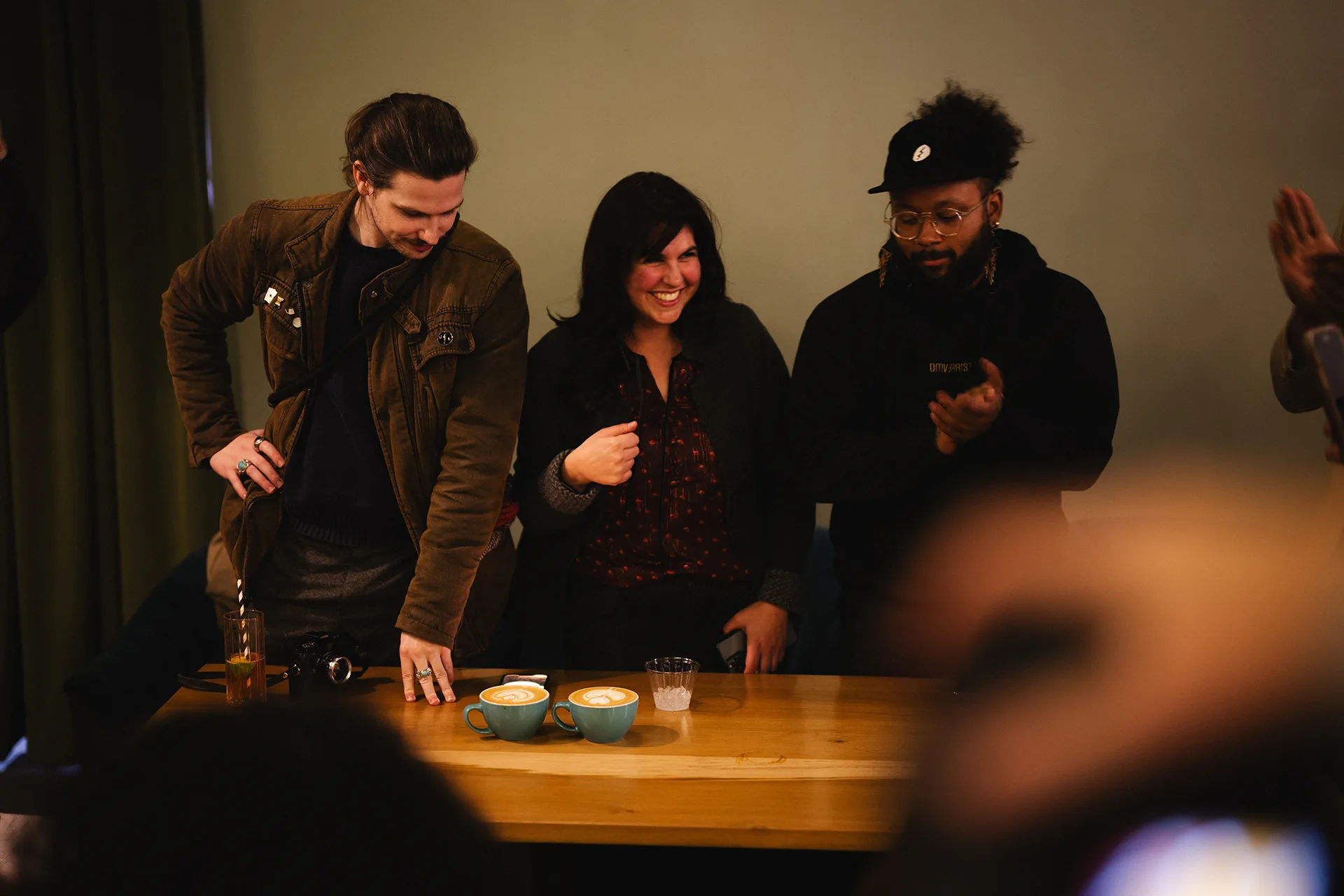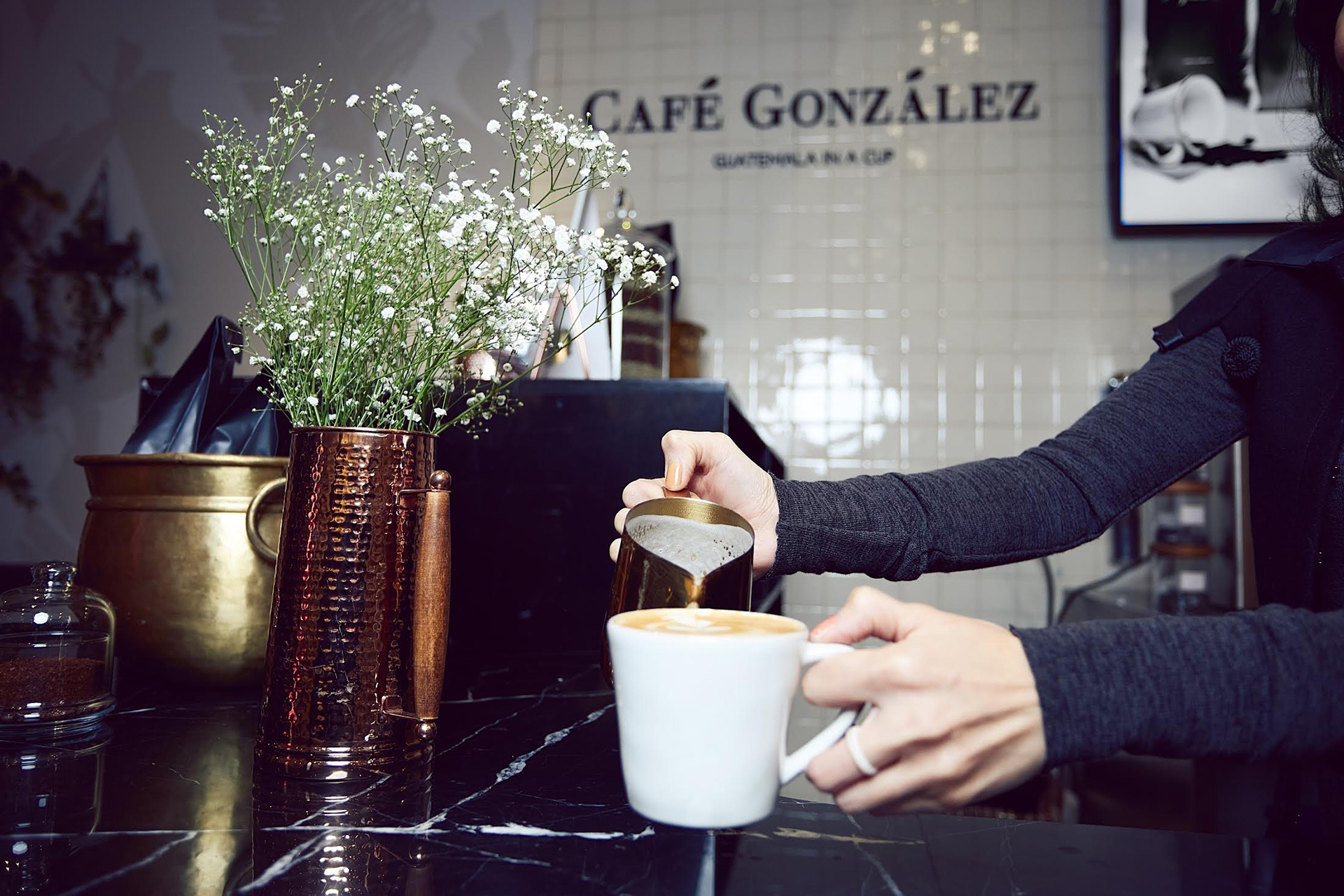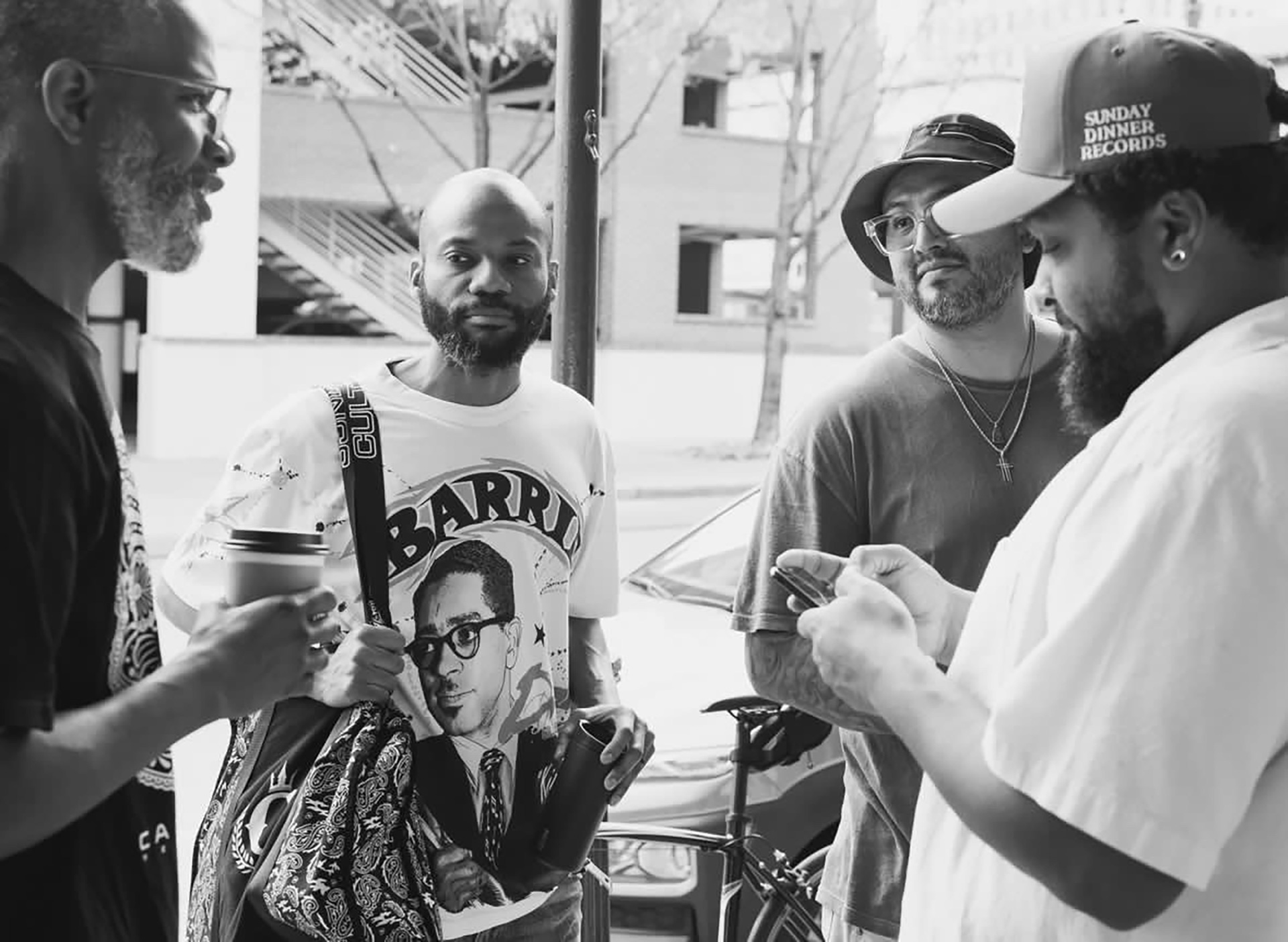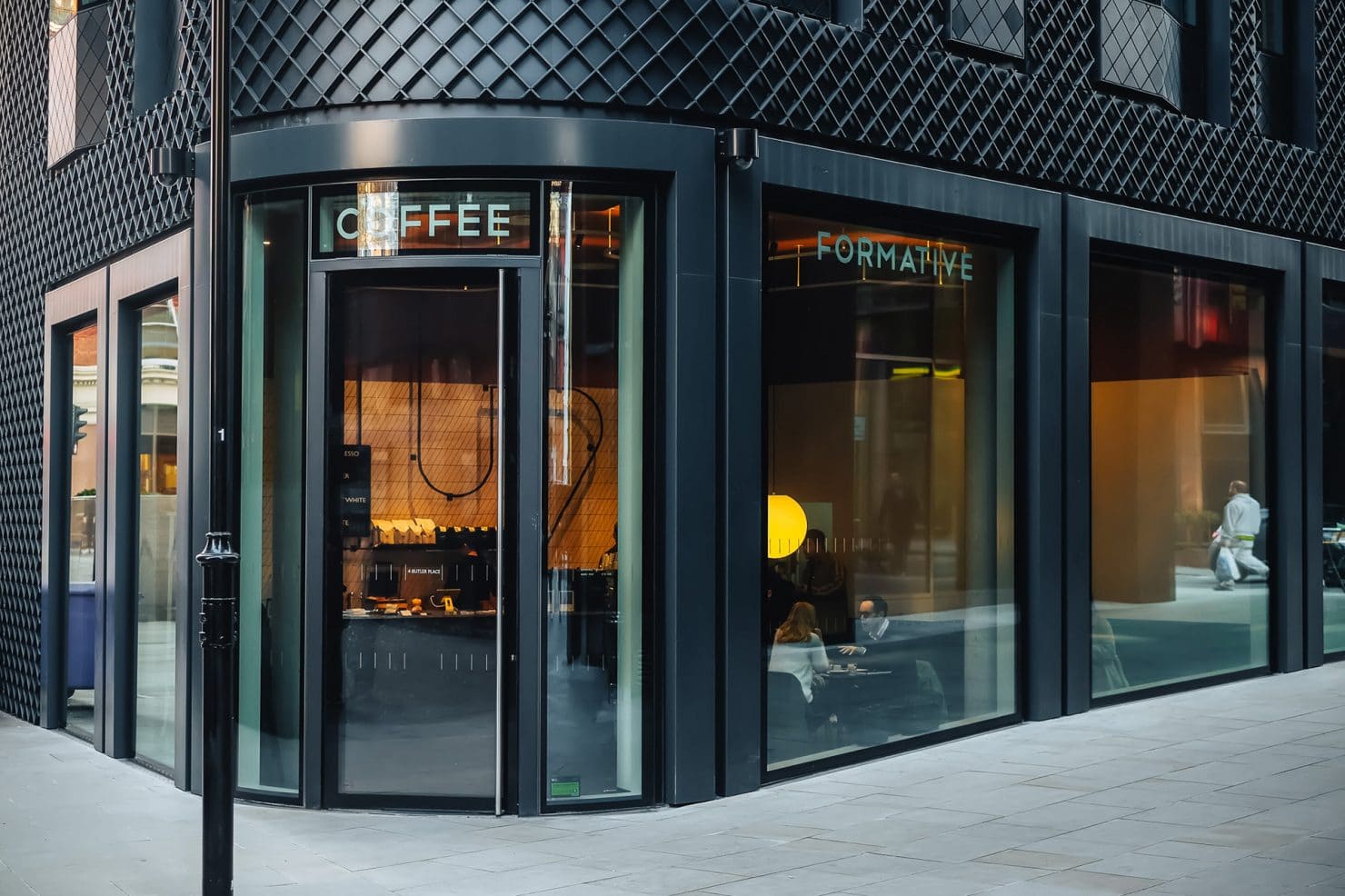
I spent a large chunk of the last 10 years inside London’s speciality coffee shops. Some of my happiest memories of the city are set in cafes—Workshop Coffee, Prufrock, Kaffeine, Ozone, and many others. Today I’m based in Poland, and my last trip to London was back in February of 2020, just weeks before the Coronavirus began to spread across Europe. I took time on that trip to visit Formative Coffee, the Sprudgie Awards 2019 Honoree for Best New Cafe.
We took this stuff for granted then: the travel, the coffee, the buzz of a busy city. My flight landed at 6am—it feels like every flight to London lands at 6am—and my very first stop was Formative’s gorgeous coffee bar in Westminster, for a flat white and almond croissant. It was bliss. The coffee was a Brazilian natural process single origin, the first fresh crop of the year from Fazenda Bonfim in the Cerrado Mineiro region, roasted by La Cabra Coffee in Denmark. I remember the sweetness of milk chocolate, vanilla, and deep dried fruit and the creaminess of the milk by UK’s favorite milk supplier, The Estate Dairy. I sat inside Formative Coffee quietly, observing customers come and go, enjoying this moment back in my beloved London, and savoring every sip of my first coffee of the day. A few hours later, after a shower and some rest at my hotel, I was back at Formative to taste more coffees and have a chat with owner and founder, Ian Kissick.
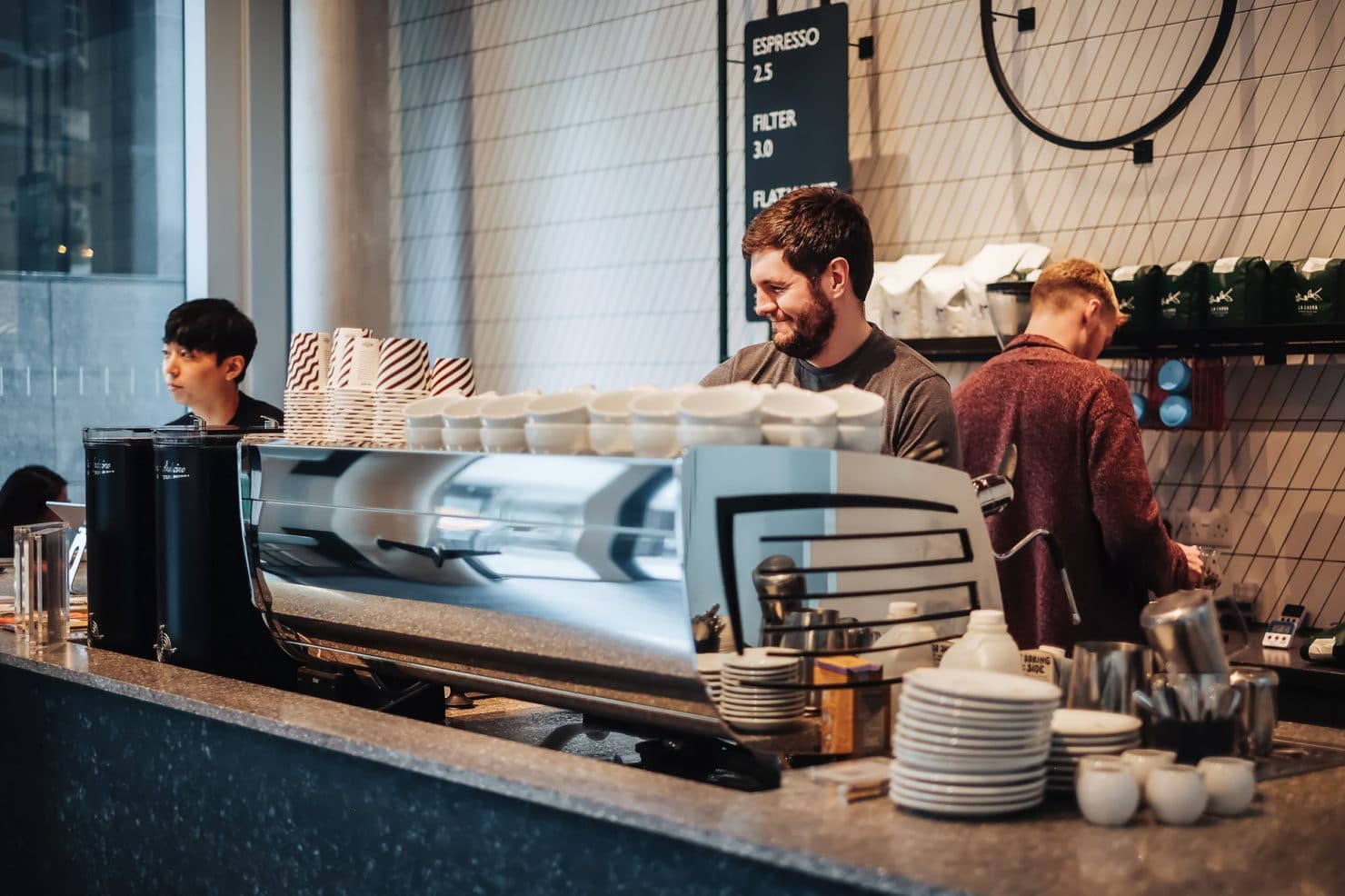
Originally from Ireland, Kissick moved to London to study computer science. Later, while working in corporate IT, he discovered the world of specialty coffee. His first “extraordinary coffee experience,” as he called it, was at Workshop Coffee in Fitzrovia. That’s when he realized that coffee could have very different tastes. Coffee quickly became an obsession and eventually Kissick left his job to train professionally at Taylor St Baristas. He launched a coffee subscription, Curated Brew, and that experience led to Formative coffee, considered by many to be among the very best coffee bars in London to open in the last half-decade.
The cafe is found on the ground floor of a refined, modern, corner building: 4 Butler Place, between St. James and Victoria. This is a busy (pre-pandemic, at least) commercial district consisting predominantly of offices and shops, and home to some of London’s most iconic attractions like Buckingham Palace and St. James’s Park. The diversity of the audience and the lack of quality coffee offer are what drew Kissick to this part of the city.
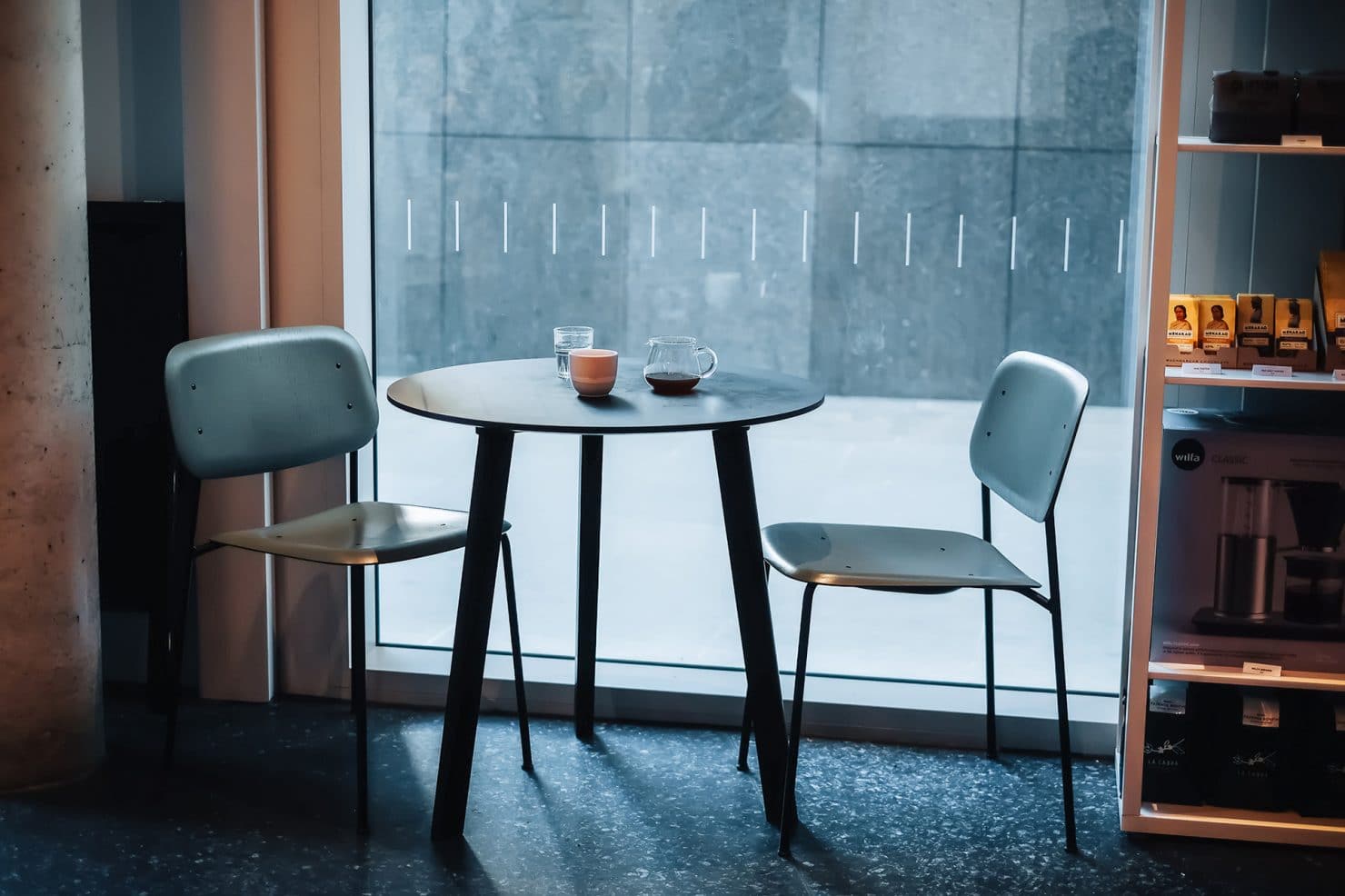
Pass the slick glass façade of the cafe, you find minimalist interiors: black terrazzo floors, white stone worktop, black tables, and dark teal blue chairs. A three-group Victoria Arduino Black Eagle Gravitech espresso machine, two Victoria Arduino Mythos One grinders and a Mahlkönig EK43 grinder stand out on the bare counter. Only one touch of bright color is added by the orange ceiling. Unique design touches ornate the wall behind the bar (shiny white tiles, bespoke black steelwork) and the ceiling (a large bespoke lighting frame). A plexiglass screen has been added along the full length of the bar, as part of Formative’s pandemic measures.
It’s clear that all the attention is on coffee. The drinks menu is simple: espresso, flat white, latte, and filter coffee (currently brewed on V60, as the sales don’t justify making batch brew as they did before the pandemic). There is no information about the roasters (which change about twice a month), the origin, or the processing; a deliberate choice made by Kissick to remove a level of complexity, especially for customers new to the concepts of terroir and seasonality.
Customers can choose between Coffee A and Coffee B. The first is medium to high bitterness and is the main choice for milky drinks; the latter tends more towards sweetness and acidity, ie. more natural process coffees, and is recommended for espresso and filter. Rest assured that Kissick always (and proudly) serves highly graded coffee. “We’re focused on brewing something that’s delicious and reflective of the hard work that’s gone in to bring us each coffee,” he tells me.
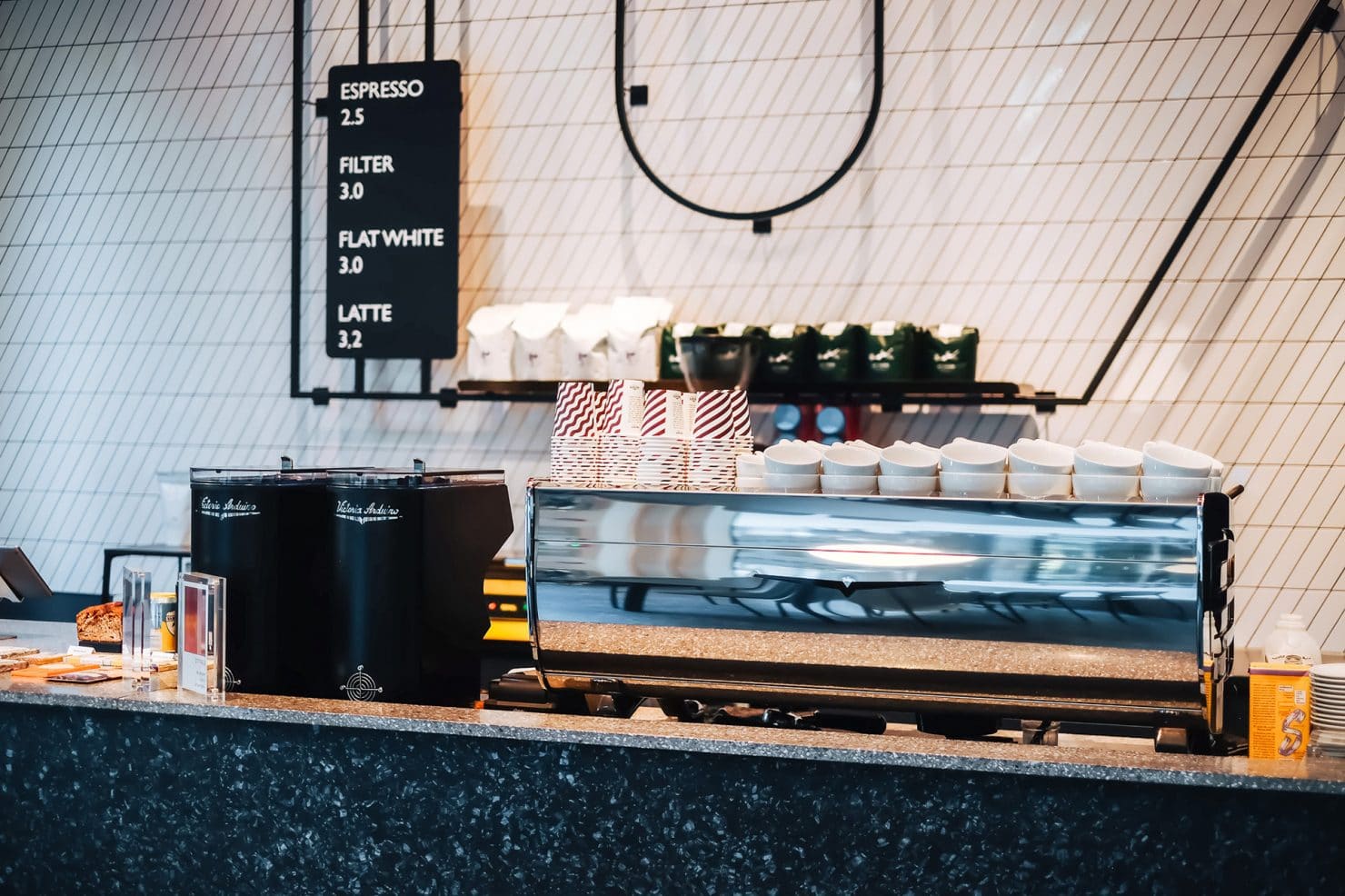
So far, he’s served 58 different coffees—one of his favorites was a Laurina from Daterra, roasted by Red Bank Coffee Roasters (from the Lake District, in northern England), which he described as “so sweet and tasting like dark chocolate, dulce de leche, papaya.” La Cabra provides around 40% of the menu with some phenomenal ones like the washed Ethiopian from Teshume Gemechu, Guji Region (flavor notes of honey, peaches, and black tea).
The pandemic and subsequent lockdown restrictions have hit the London hospitality industry hard and challenged all local coffee businesses in different ways. Many cafes—including Formative—closed down during the first lockdown, while some remained open for takeaway. Shops re-opened in the summer only to close down again (or switch back to takeaway) during the second and third lockdowns. In these hard times, London coffee shop owners have had to adapt to the new normal best way they can.
Around the world, from coffee farms in Colombia to international coffee scenes—Seoul, Berlin, Istanbul, Florida—people who make their lives in the coffee trade are having to adapt to the unprecedented challenges of COVID-19. For Formative, this means another round of temporary closures (the shop will reopen in early 2021). The neighborhood in which he finds himself may be forever changed: most Londoners have switched to remote work from home and the block is extremely quiet. Many offices are closed, streets are empty, and central London seems a ghost town.
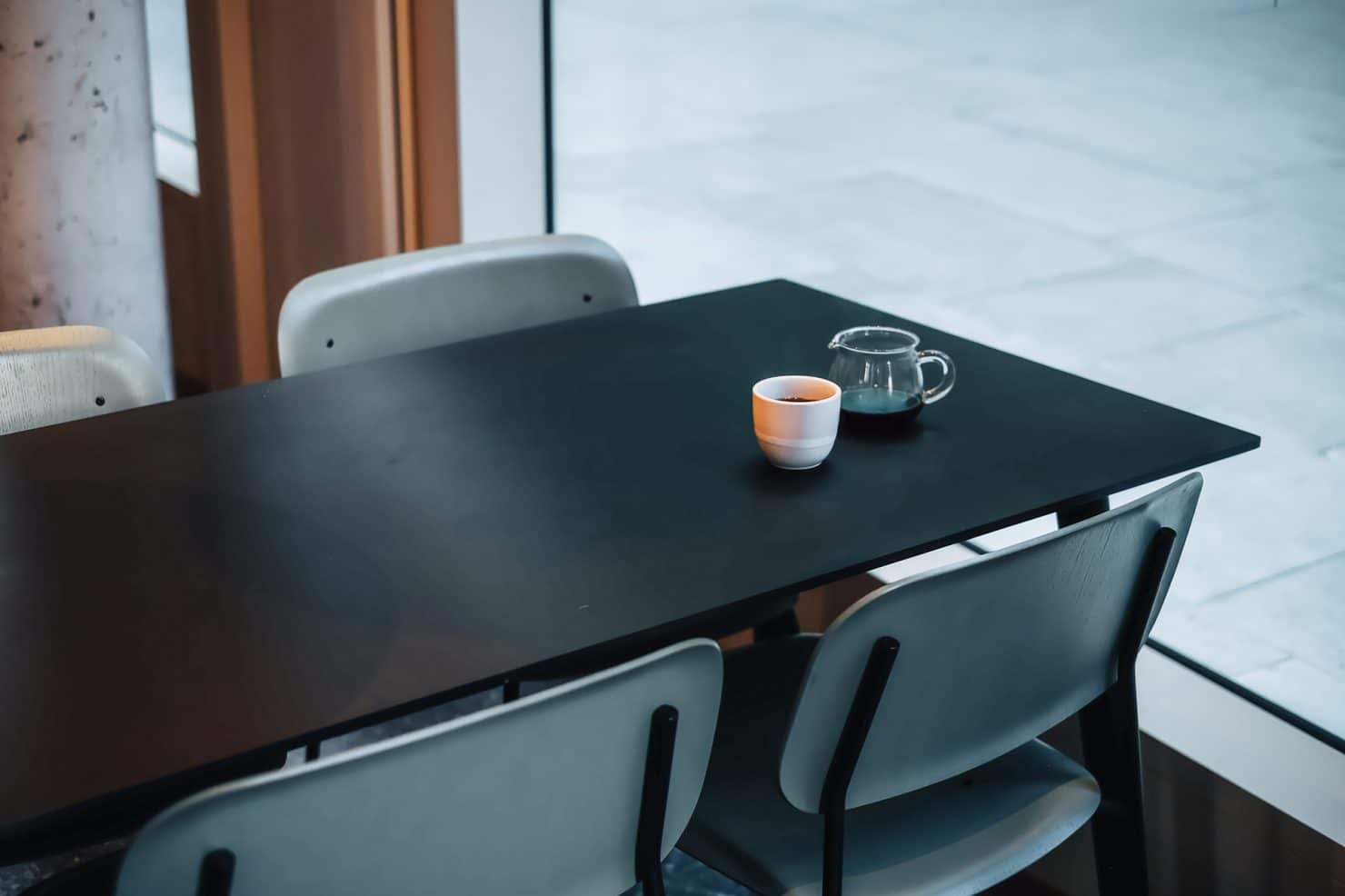
For Kissick, it’s been very hard. “While it might seem obvious, the fact of creating, owning, and operating a coffee shop is extremely emotionally involved […] and it can be tough to keep a level head, especially during a global pandemic. On the whole, I’m really satisfied that we’ve created an environment that closely matches my initial vision, pays staff well, and is financially viable,” Kissick recently told me.
His plan for the future? For now, it’s getting the business through the pandemic in as healthy a position as possible. In the long term though, he would like Formative to positively impact people, to teach and inform about the beauty of coffee, and to offer it to Londoners at a level that matches the city’s extraordinary options for food, wine, cocktails, and the rest of life’s joys.
It feels like we’re short on all those things now, but there’s a light—flickering faintly—at the end of this pandemic’s tunnel, and for cafe owners like Ian Kissick, a resolve to stand firm. It inspires us all.
Formative Coffee will reopen in early 2021. Follow Formative on Instagram for details.
Giulia Mule is a Sprudge.com contributor based in Poland. Read more Giulia Mule on Sprudge.




